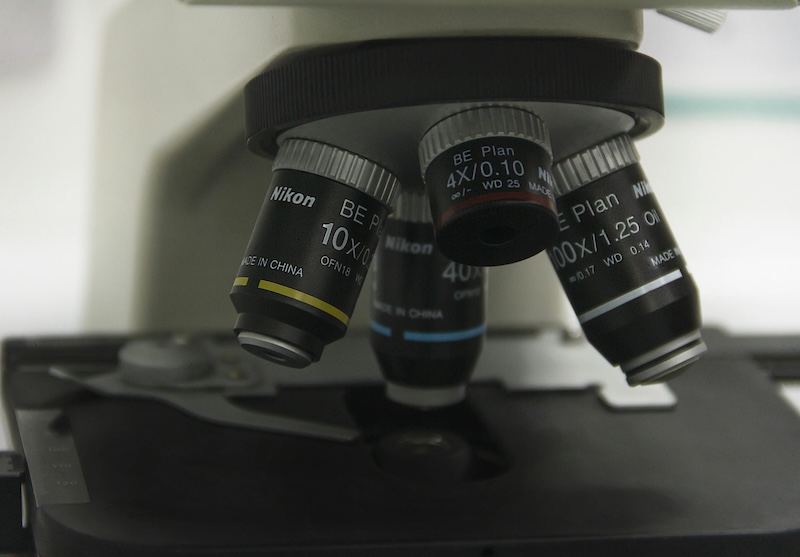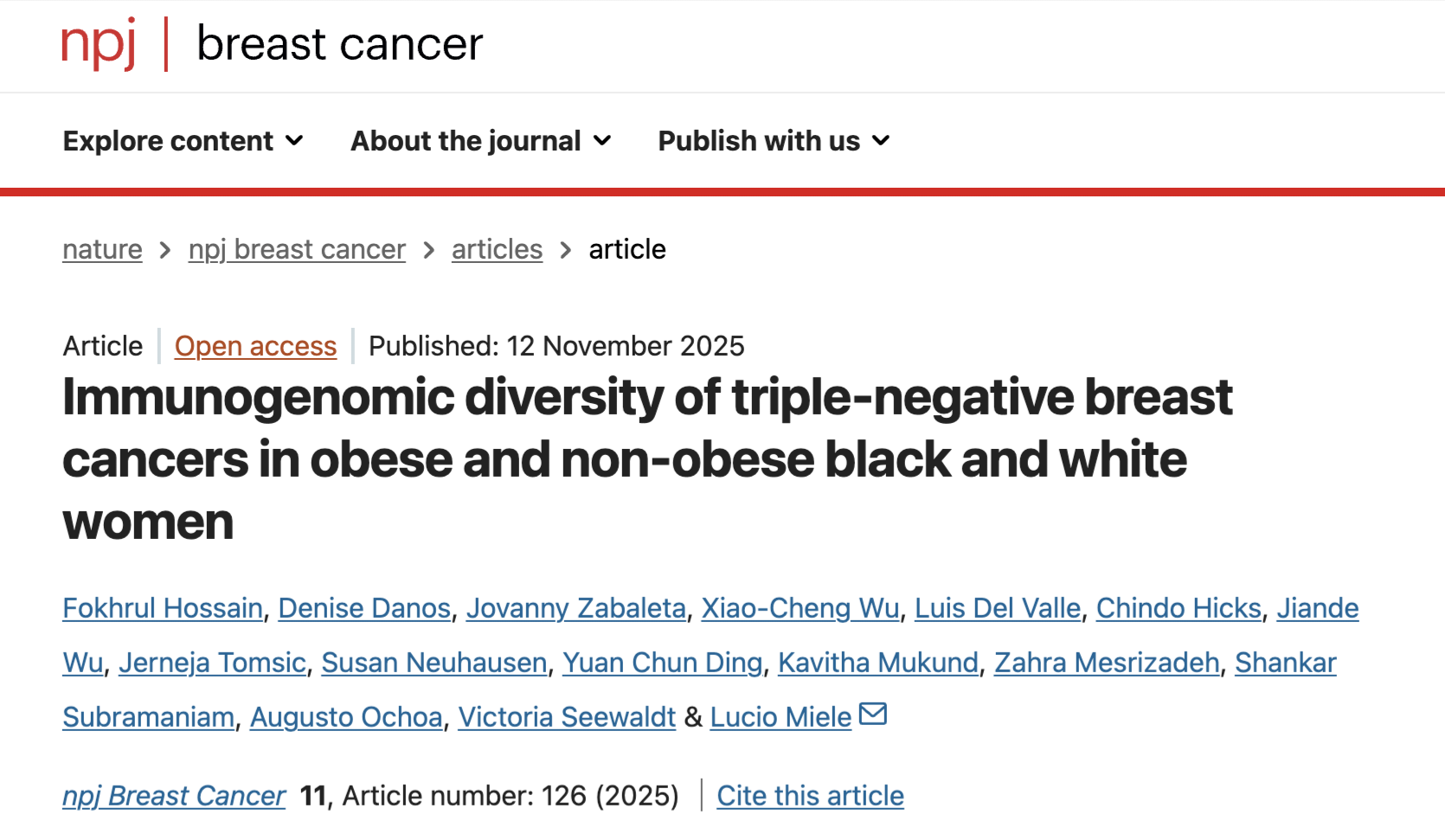.png)
Uncovering Cancer Clues in Big Data
Researchers at Xavier University of Louisiana are studying cancer health disparities by using powerful machine learning (ML) and artificial intelligence (AI)techniques to analyze massive amounts of patients’ genetic data stored by the National Institutes of Health (NIH).
Dr. Kun Zhang, a Professor of Computer Science, Xavier Physics and Computer Science Department, who is also on the faculty of the Louisiana Cancer Research Center, published several data-driven articles that identified some genes or genomic aberrations that could contribute to cancer health disparities in prostate cancer. It is the first time that a “deep learning” method has been developed to facilitate cancer health disparities research.

“We are developing novel AI/ML and bioinformatics algorithms to decipher biological mechanisms underlying cancer health disparities using a systems biology approach and multiple information sources. Those algorithms are able to train robust computer models to automatically learn knowledge from complex and diverse biomedical data,” Dr. Zhang explains. “The past decade has witnessed the accumulation of large amounts of data in many NIH-funded repositories. However, dedicated AI/ML methods and tools that integrate all this data to address racial disparities in cancer are still lacking. The results here, all from computational modeling, warrant further investigation.”
The hope is to refine the findings for prostate cancer susceptibility/risk prediction, diagnosis and classification, and patient survival predictions, with a focus on African American males.




